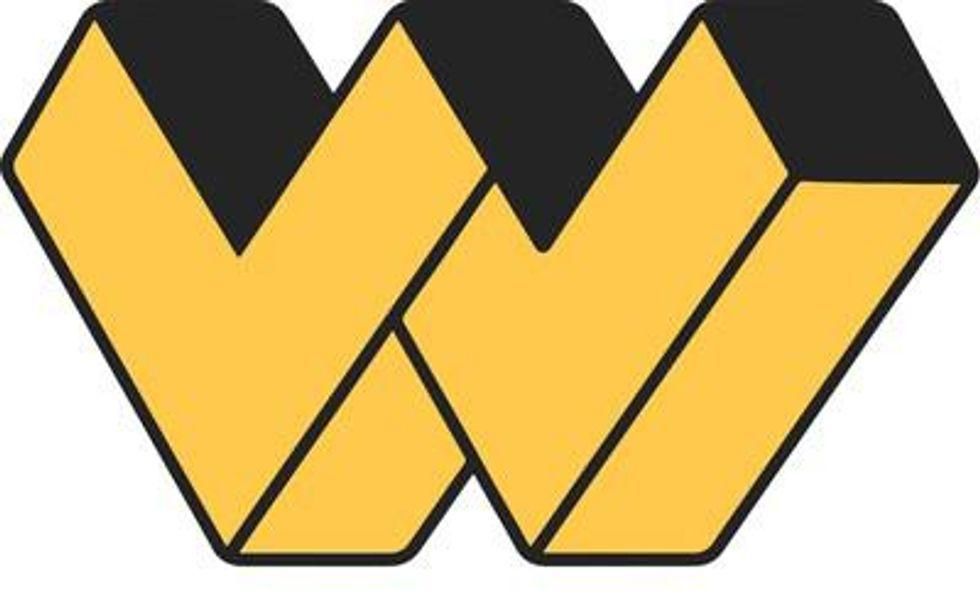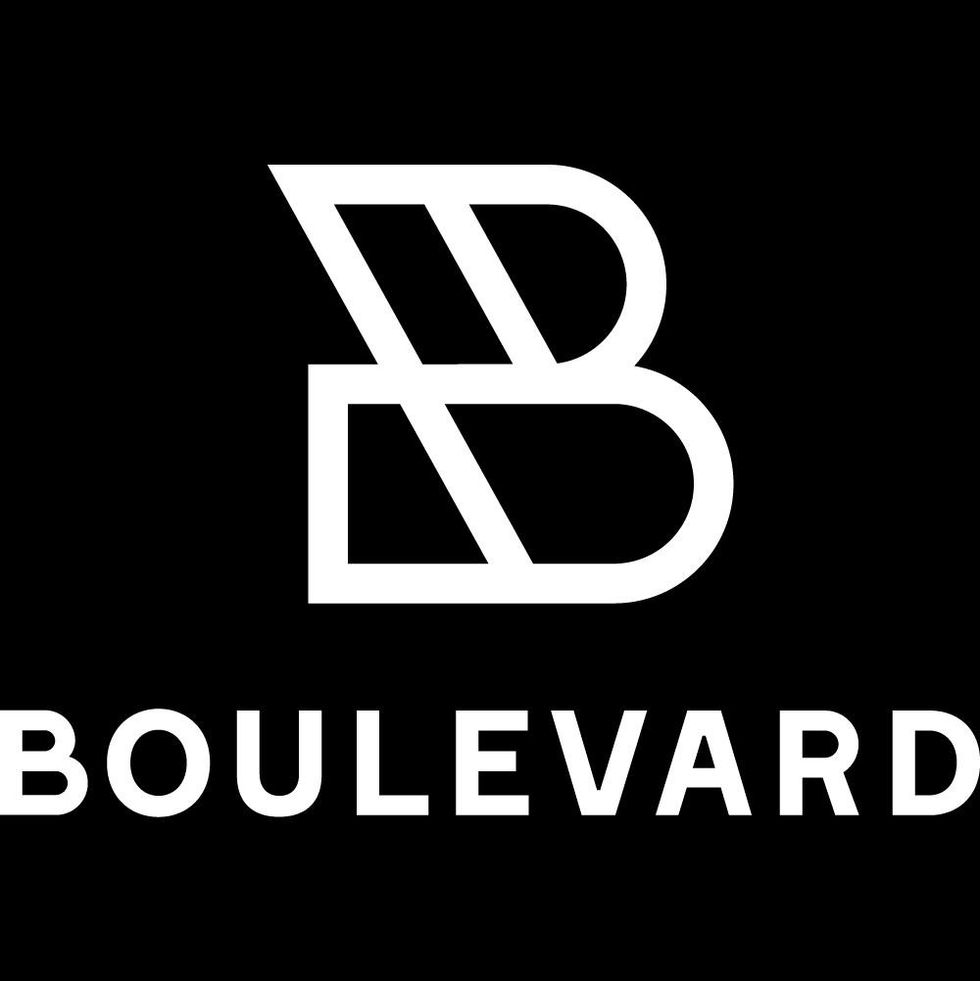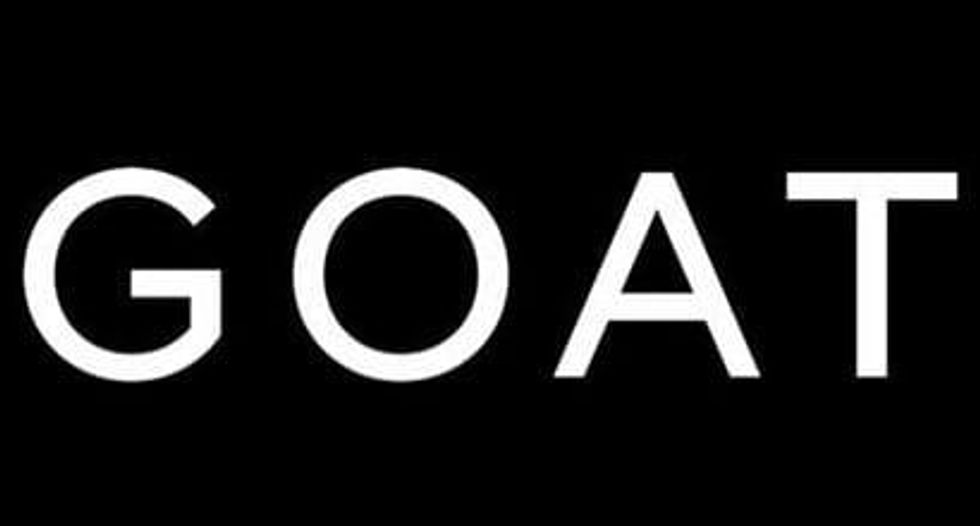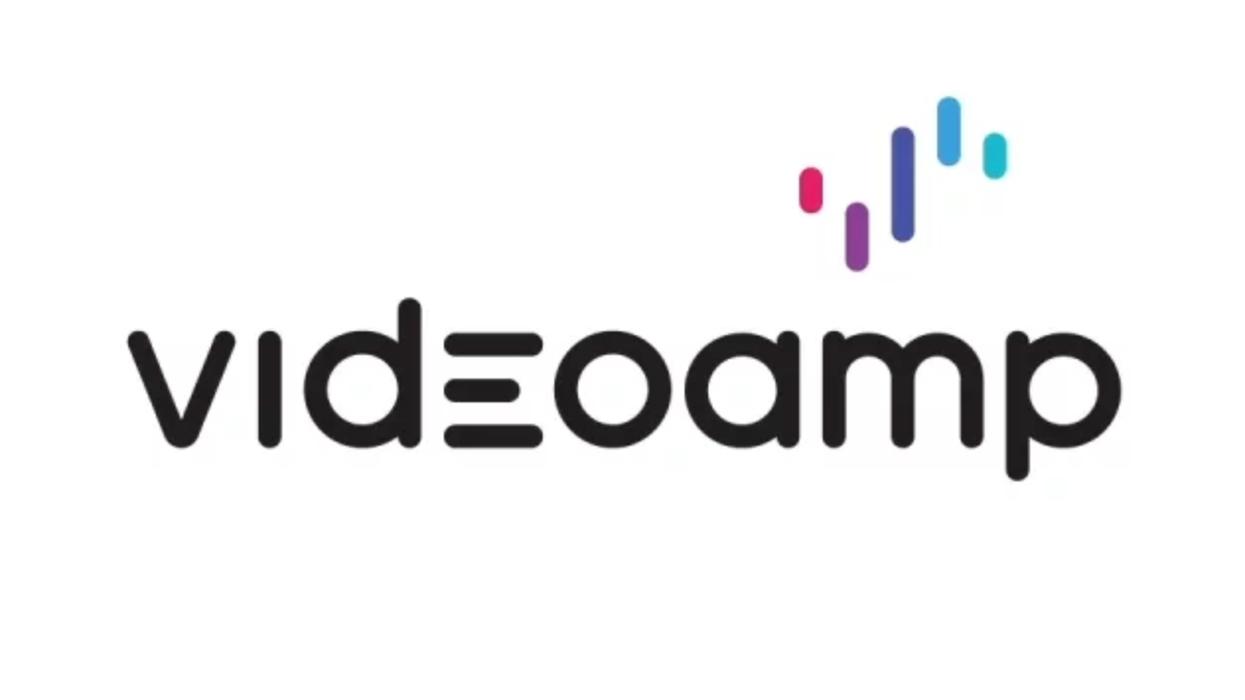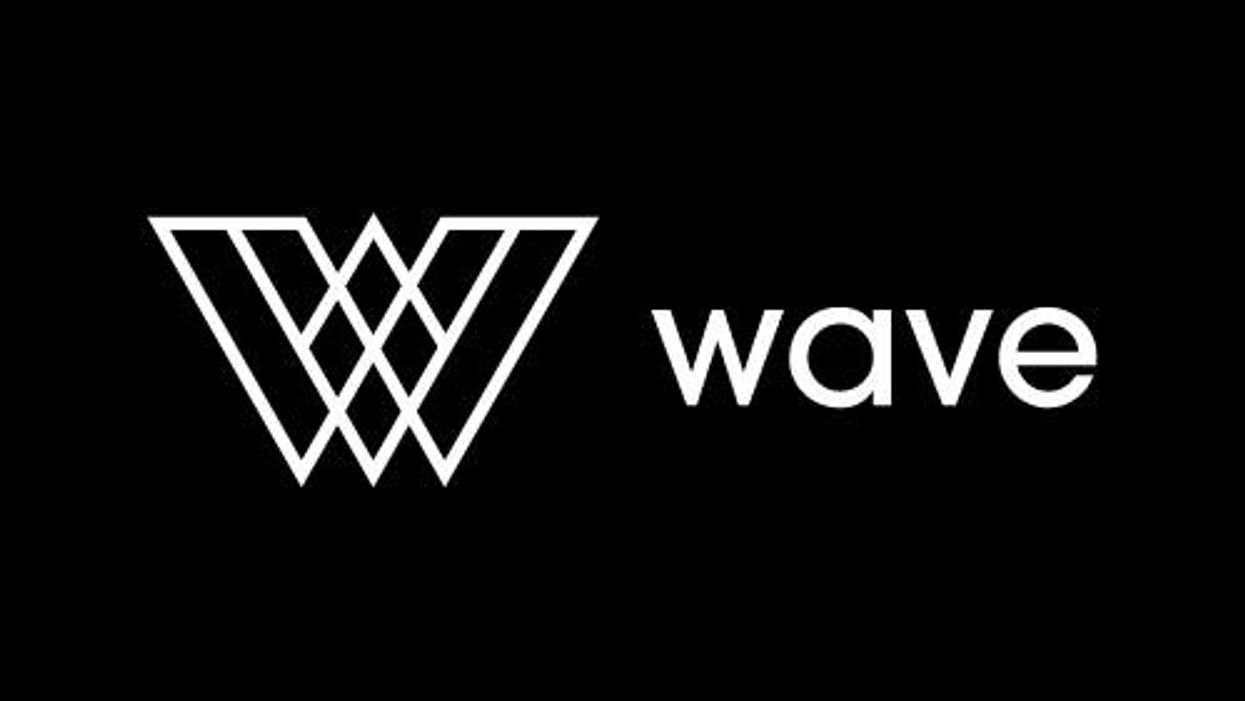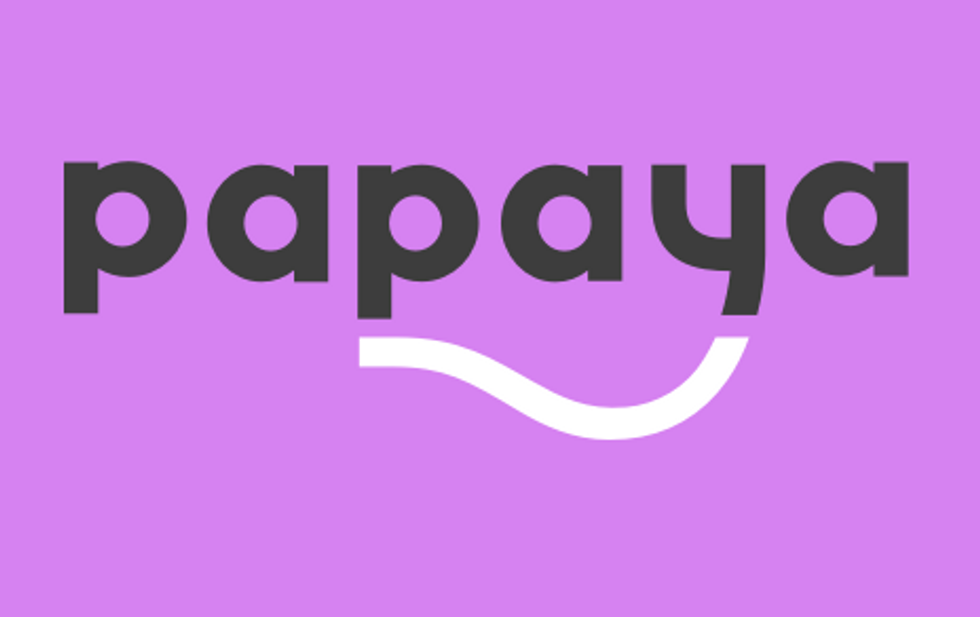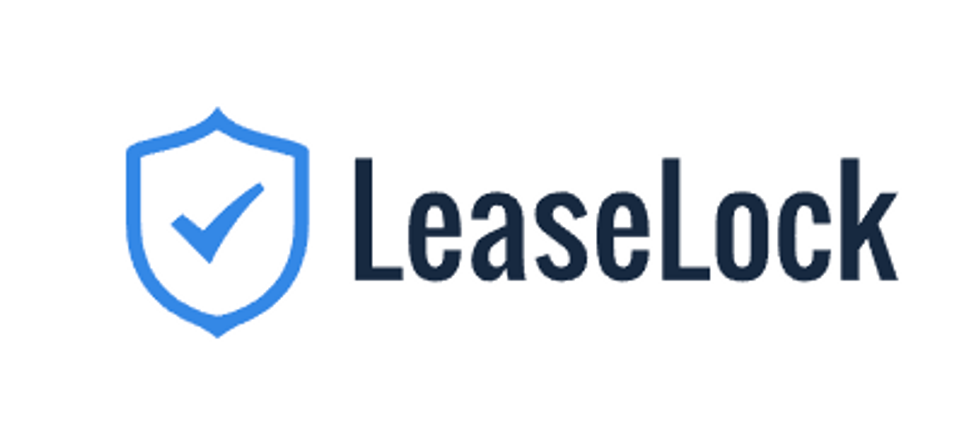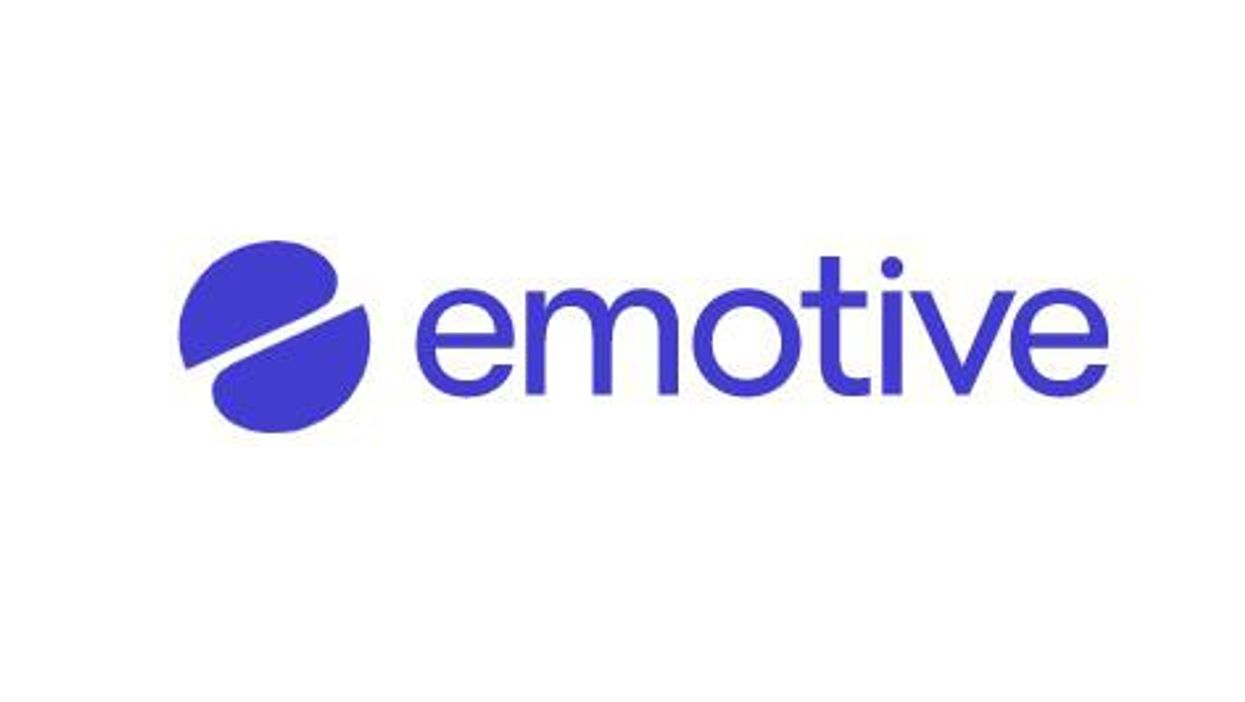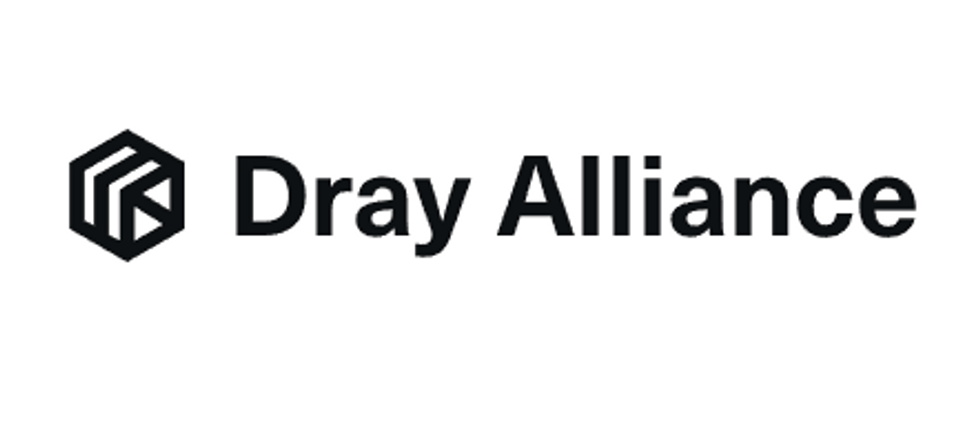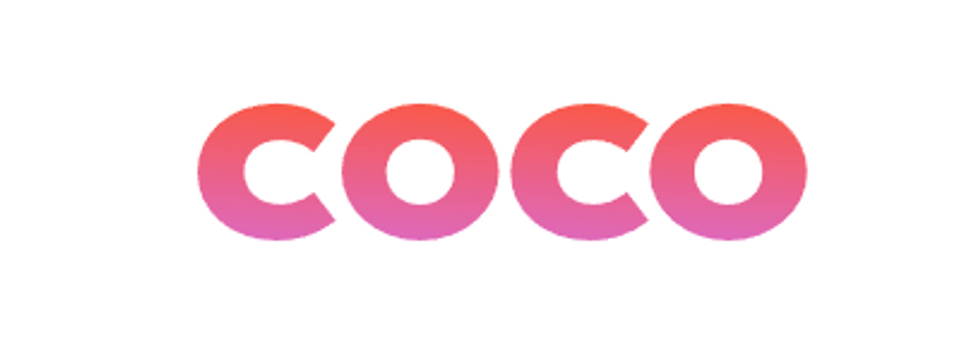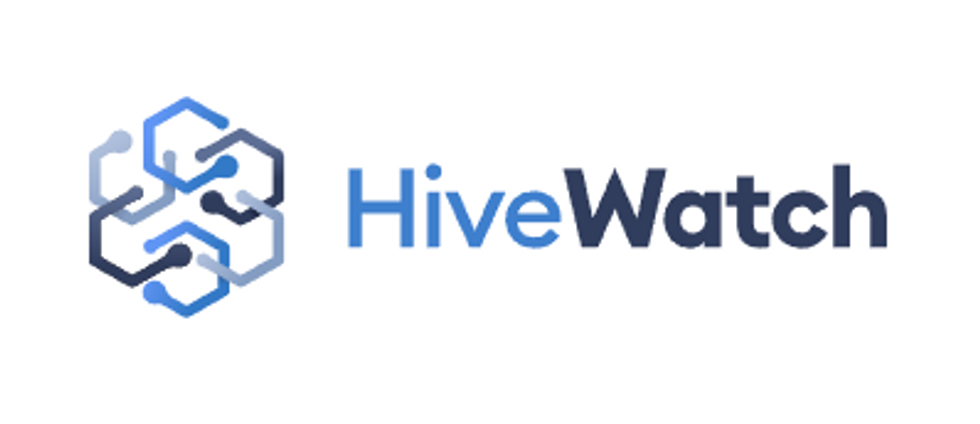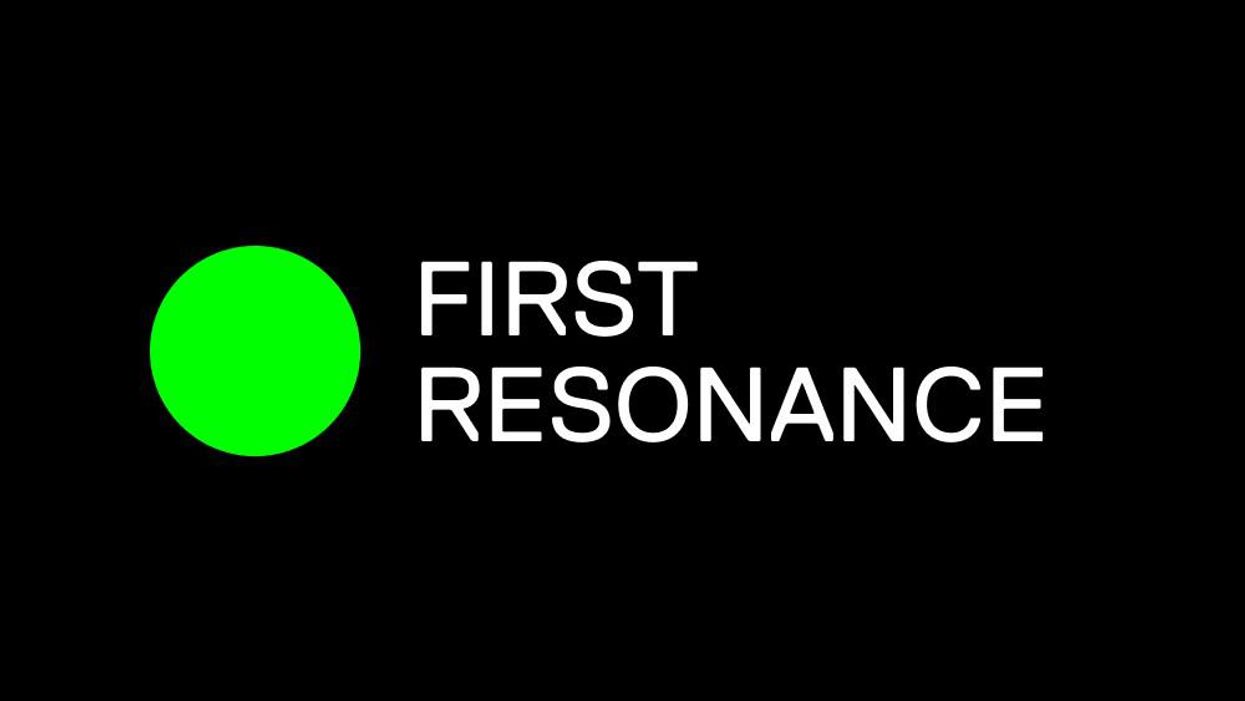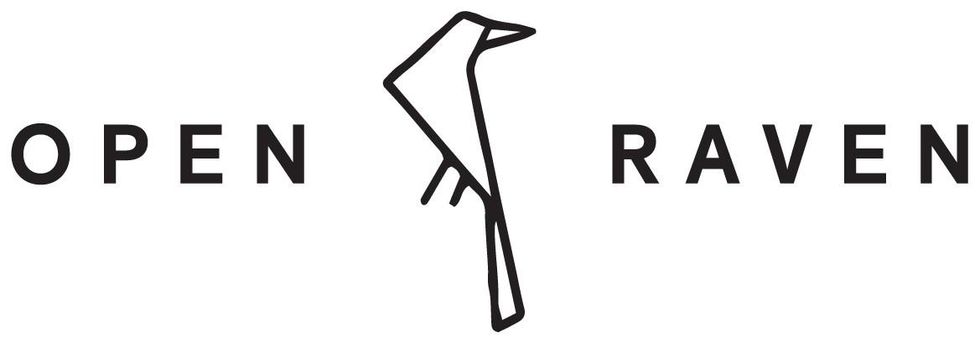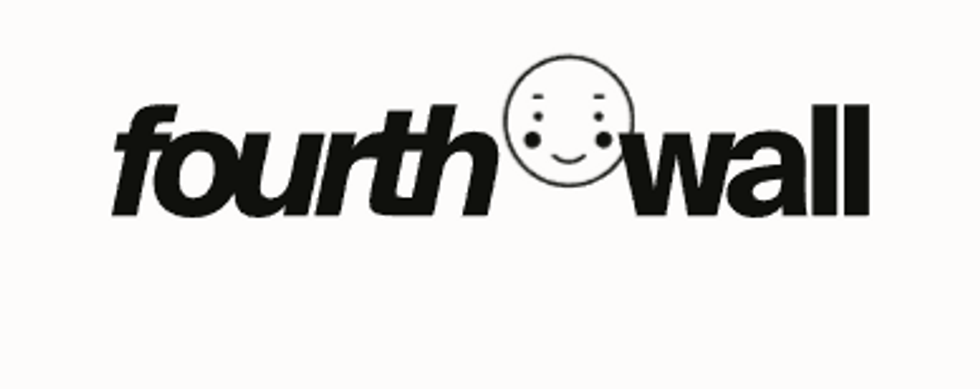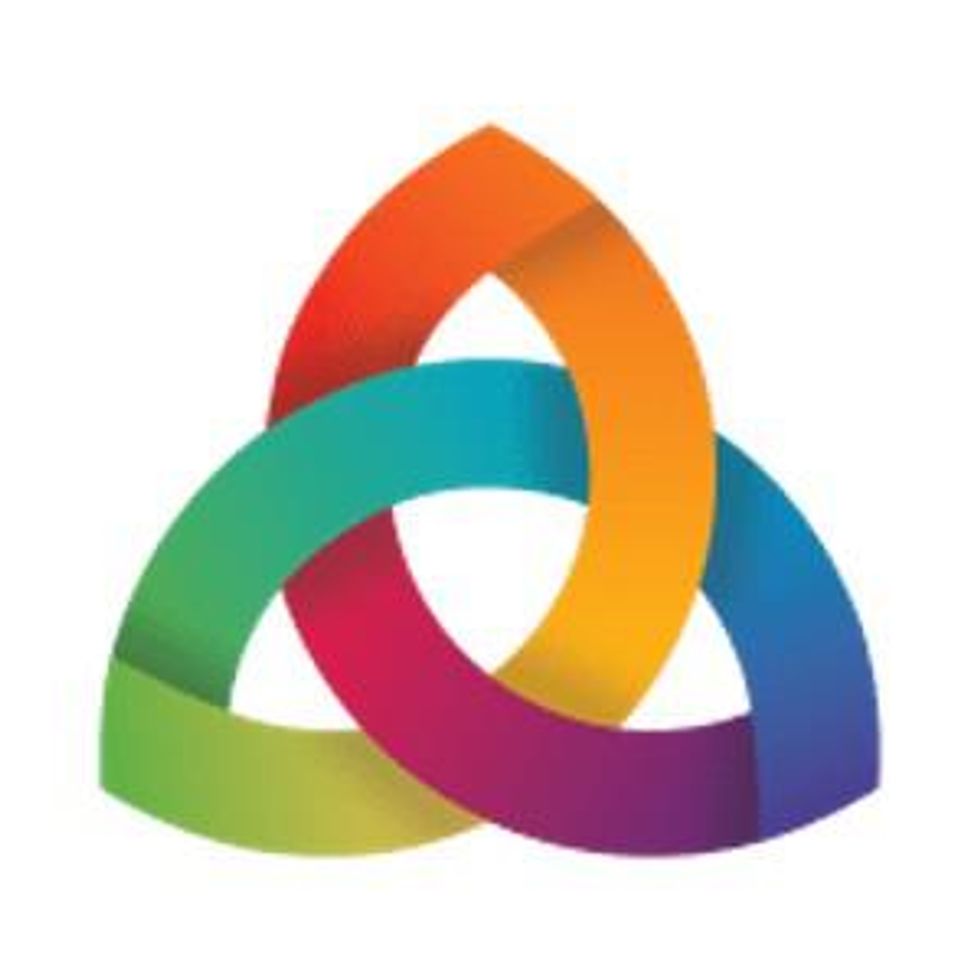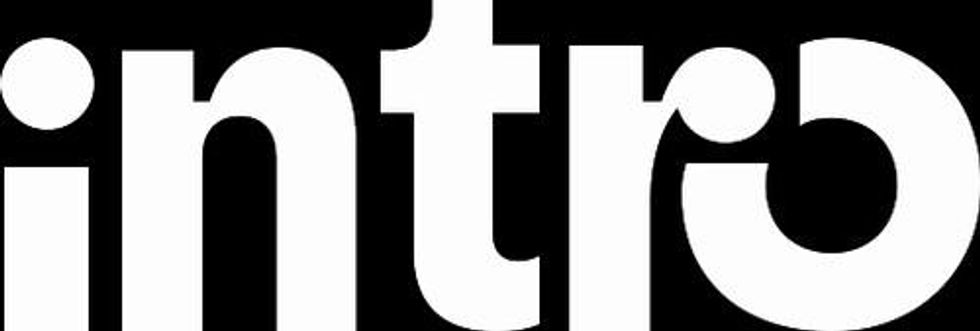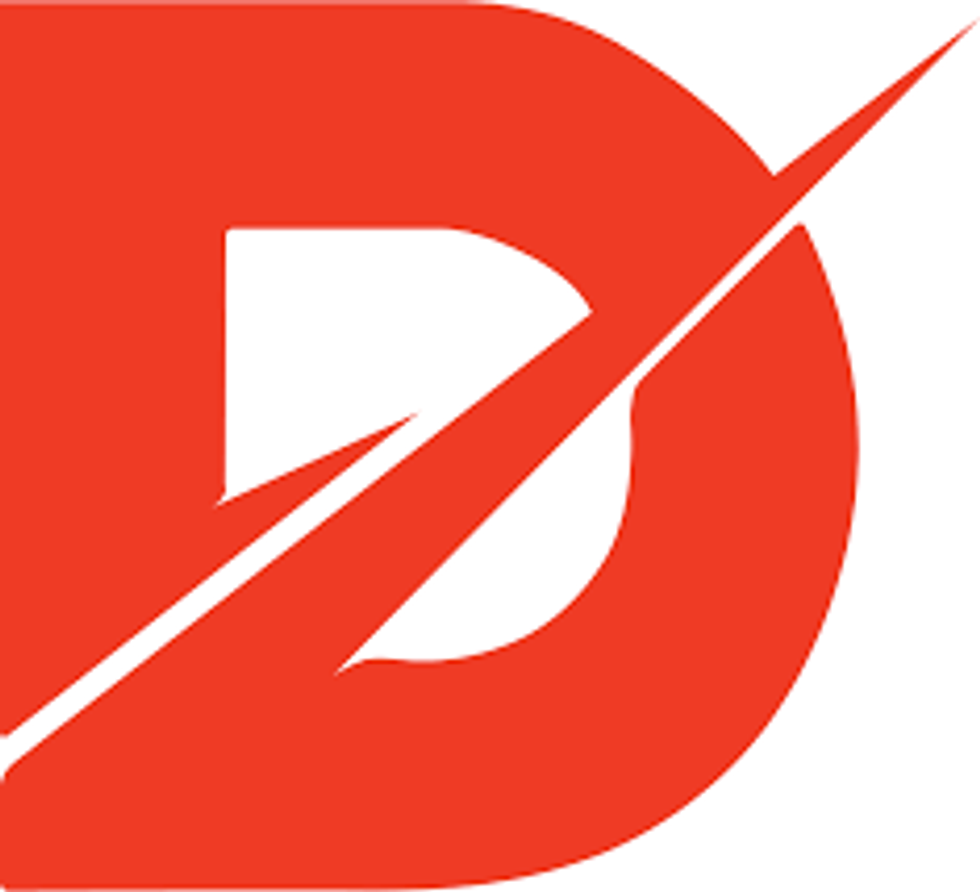Food & Tech: Lunch and Network
I’m standing on the sidewalk in Santa Monica, waiting for my lunch, when a Coco robot rolls past. “Human operated,” reads the sign on the delivery bot’s back. “Zero emissions.”
The robot doesn’t know it, but it just had a drive-by encounter with another member of the food tech community: Stas Matviyenko, founder of Allset. He’s standing outside The Hive - Organic Cafe & Superfood Bar, directing people to a QR code to download his app, which he hopes will one day become the de facto choice for people ordering food for pickup.
Matviyenko says he’s not trying to compete with UberEats or Postmates. By eliminating delivery from his business model, his company is able to lower prices and operate more efficiently. More importantly, Allset is focused on a different audience. Allset, Matviyenko says, is for people who want to get out of the house.
Their company story can be told in three parts: before, during and after COVID. Before Covid, Allset’s primary demographic was hungry people in financial districts ordering lunch. During COVID, that user-base was wiped out, but replaced with increased activity in suburban areas. Today, the financial district audience is slowly returning, and activity in suburban areas continues to grow.
Allset is available in major cities nationwide.
AR/VR, Virtual Production + VFX Happy Hour
“Accessibility” is a word I hear over and over this week, and it pops up again during the AR/VR virtual production + VFX Happy Hour.
I’m chatting with Thomas Suarez, one of the co-founders of Teleportal, a spatial computing company based in Culver City. They’re about to release a new version of their app, Movieoke, which aims to bring 3D animation to creators in a way that is both collaborative and remixable.
(Teleportal expects Movieoke will be available for download in the app store within a few weeks.)
Suarez lets me demo the app as he explains that the current process of creating 3D animation is complex. There’s a steep learning curve, and because animation requires powerful, expensive computers, accessibility and collaboration are both key issues.
I’m playing around with the app’s beta version, attempting to use my finger to make one of the characters in our two-shot jump up and down. Suarez walks me through changing camera angles and replacing the backdrop. He takes a photo of the happy hour taking place on the floor below us, and layers our characters on top of the image. It’s the lazy girl’s approach to animation and I am loving it.
Suarez is most excited about an upcoming version of the app which will enable remixing. When TikTok users see a Movieoke video they like, they can use a QR code to reopen it in the app, download all the source assets, re-edit them, and reupload the newly remixed video back to social media. Suarez hopes this new tech will ensure digital creators receive credit for their work.
Animation is at a boiling point. After years of low wages and lack of transparency regarding what happens to content after it’s created, animators are raising concerns in union negotiations, the media and online.
I ask Tom if he thinks Movieoke will supplement current animation techniques or supplant them.
“I think there’s room in the market for a lot of different types of tools,” he says. “We don’t see [this] as replacing the way 3D animation is done in the short-term…this is creating another market.”
SHOW OUT @ QSLA hosted by Lola Menthol with Qrypto Queer
By the time I reach Quantum Space LA, a community hub hidden behind a storefront on Santa Monica’s 3rd Street Promenade, I am tired. Tech Week is a grind, and I accidentally sprinted the marathon.
It’s a bad night to lose steam, because Show Out (hosted by Lola Menthol and Qrypto Queer) promises to be a banger of an event. There’s a scheduled panel discussion, music, dance and poetry performances, plus a room full of incredible art to look at.
I arrive early enough that the space is still filling up. There’s not yet a line at the bar, and no one is taking advantage of the poster boards and Mr. Sketch markers the organizers set out for attendees to doodle on.
I wend my way through tables laden with pizza boxes and Hawaiian Haze joints to look at the different TV screens hung throughout the room, showcasing photography and digital paintings by queer artists. Every TV screen comes with a QR code that redirects interested parties to a site where they can browse the artist’s collection.
Try as I might, I don’t make it through the panel discussion featuring Bee Davies, Erika Isett, Lola Menthol and Raven50mm. After a week of listening to and being inspired by some of the smartest, most innovative minds in the field, my own personal piece of technology – my brain – has ceased to function.
CORRECTION: "Qrypto Queers" was corrected to "Qrypto Queer."
- LA Tech Week Kicks Off with a Look at Proptech in SoCal - dot.LA ›
- LA Tech Week: 3D Printed Homes, Micromobility and Metaverse ... ›
- LA Tech Week: A Case for the CryptoMondays - dot.LA ›
- LA Tech Week: NFT Cocktails, Sushi and Networking - dot.LA ›
- LA Tech Week: Women's Health, the Metaverse & VC - dot.LA ›


